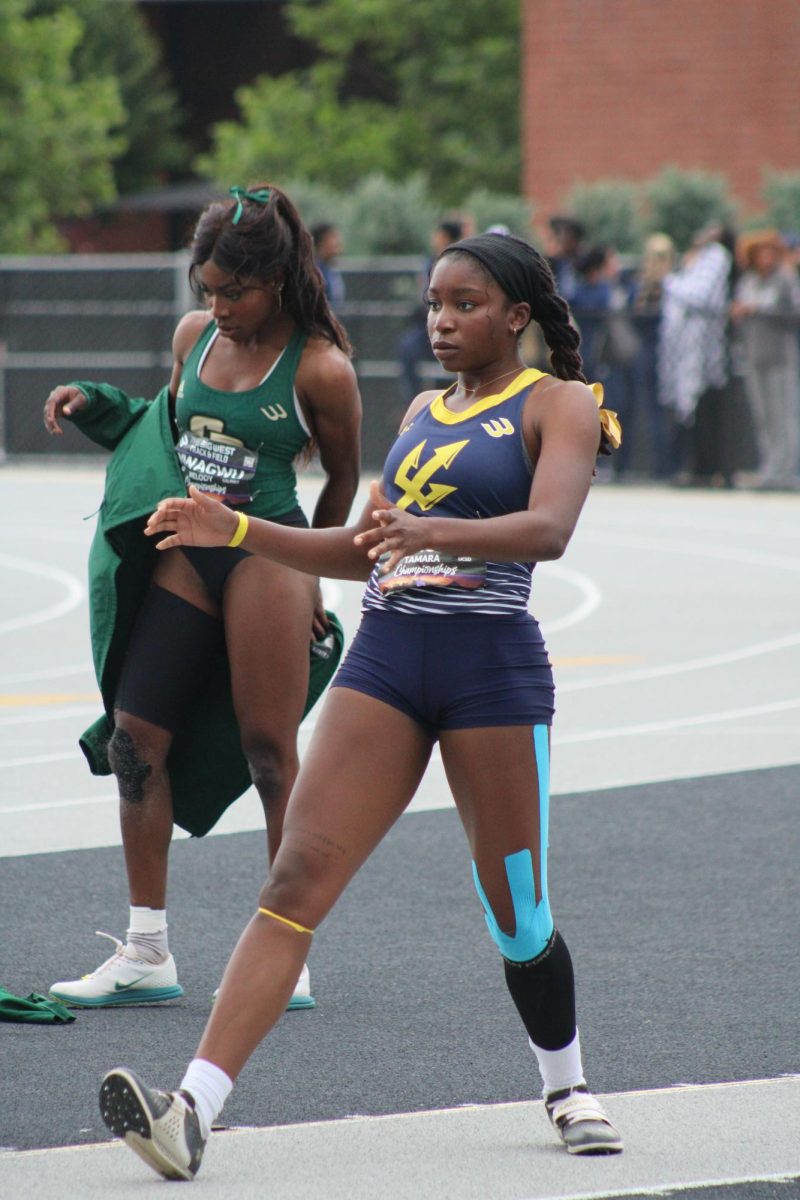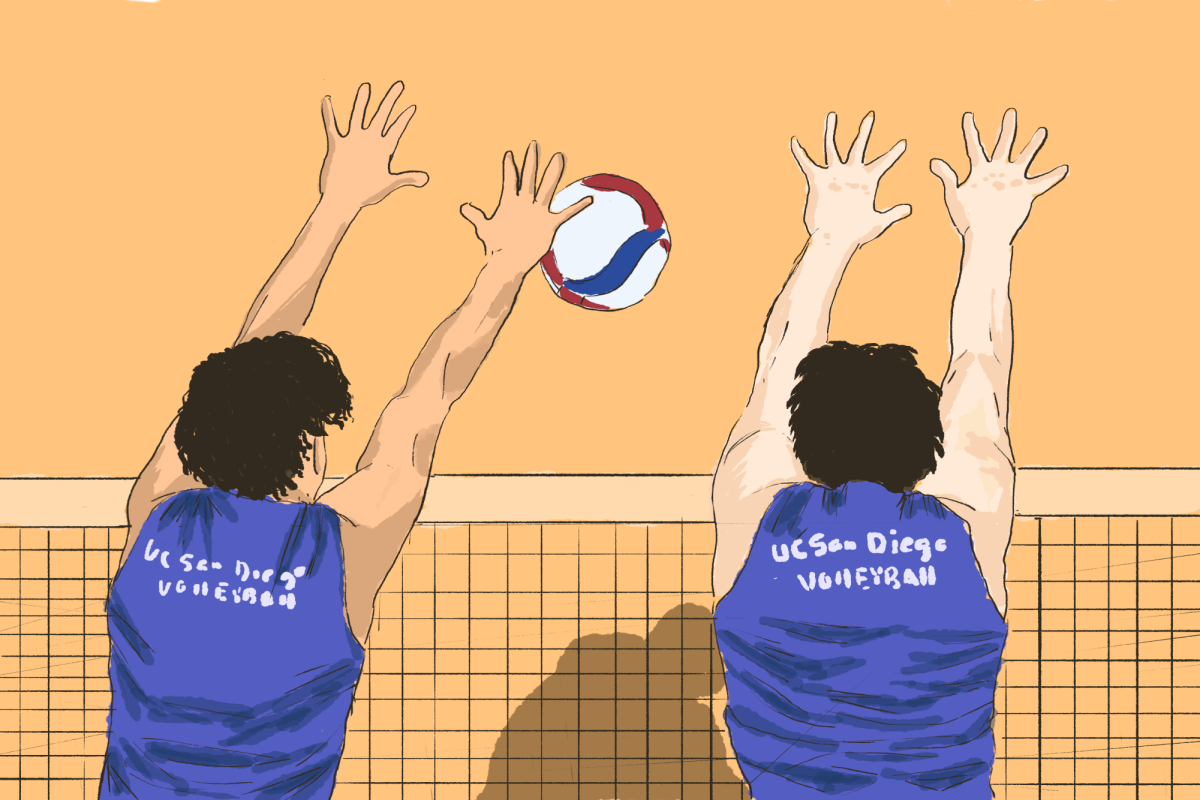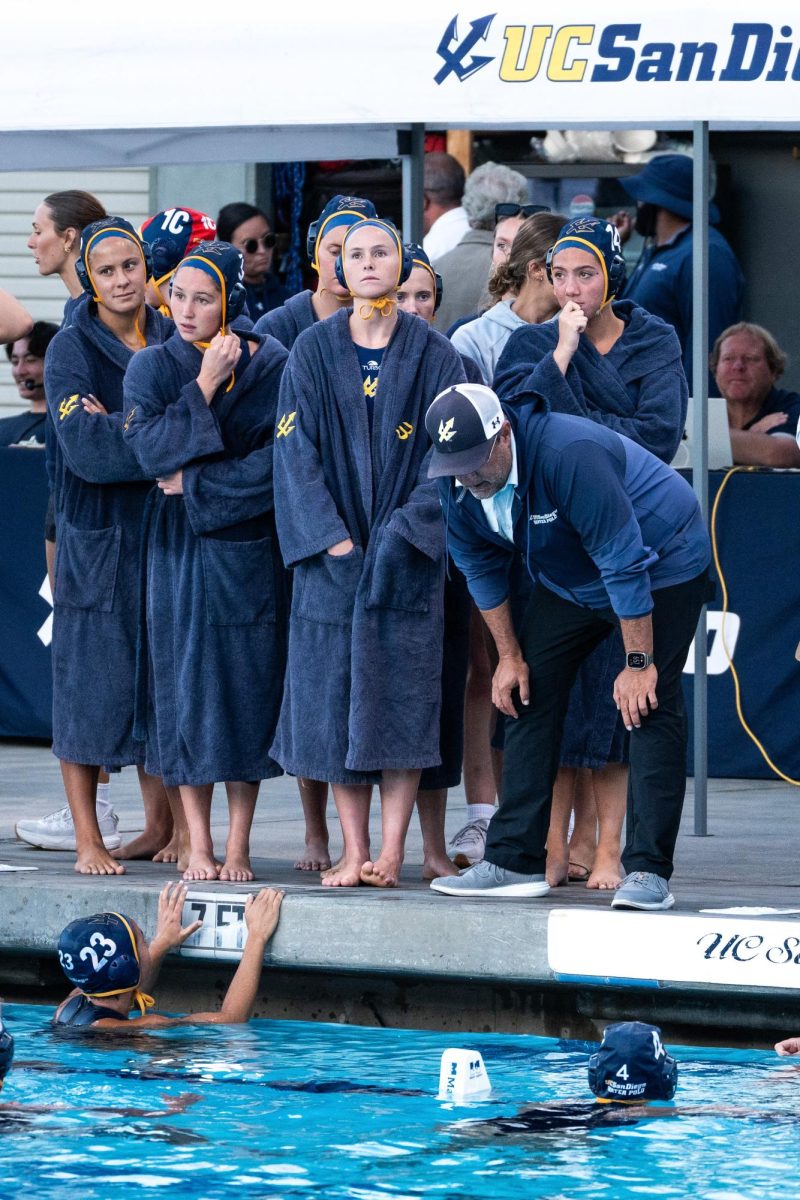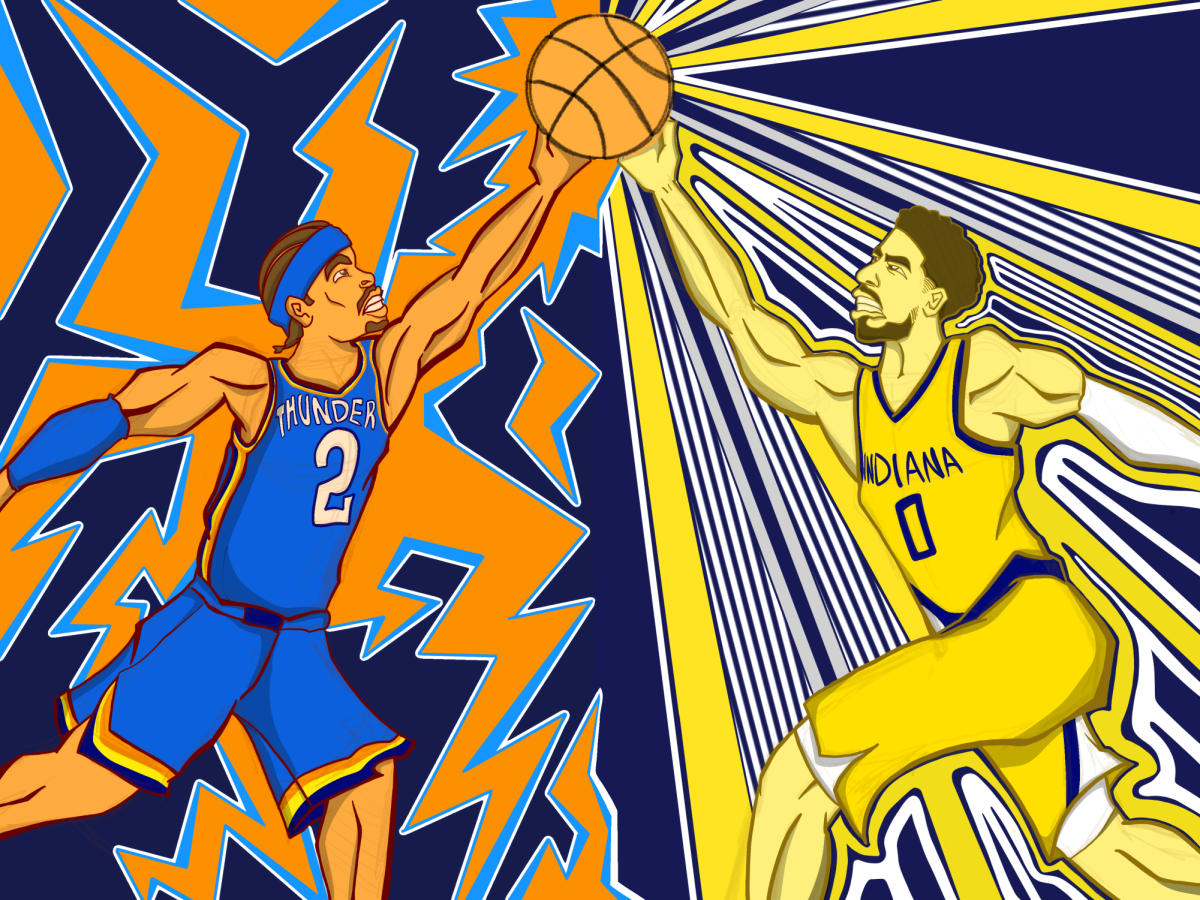The Los Angeles Dodgers’ win in the World Series last week felt like a long time coming, and not just because the team hadn’t won a championship since 1988. The Dodgers have been Major League Baseball’s best team without a title over the last decade — their .629 winning percentage, including playoffs, over the last four seasons is the highest for any team in any four-year span since the introduction of the wild card in 1993. After a decade of high-payroll, big-name teams that lost to the eventual champions for the last four years running, the Dodgers finally have a trophy to take back to Chavez Ravine.
In the end, the Dodgers just had too much talent in too many places for an underdog Tampa Bay Rays team. Shortstop Corey Seager, the eventual series MVP, showed up big by hitting 8-for-20 (.400) with two home runs and five runs batted in; the 26-year-old Seager was also the MVP of the NLCS, where he took Atlanta Braves pitchers deep for a remarkable five home runs. On the mound, the tandem of Walker Buehler and Clayton Kershaw put up 1.50 and 2.31 earned run averages, respectively. If Kershaw, by most accounts the best pitcher of the 2010s, is out of his prime, he didn’t show it last week; the 32-year-old put up two wins and passed Justin Verlander for the most career postseason strikeouts, with 207.
As is customary for basically any baseball record, there will forever be discussions about whether there will be an asterisk alongside this season’s champion, given the shortening of the regular season from the customary 162 games to just 60. By the way, the concept of the asterisk to denote an undeserved record in baseball originated when Roger Maris broke Babe Ruth’s single-season home run record, but did so in 162 games rather than the 154 Ruth played. With the notion of the asterisk now associated with steroids, sign stealing, and a pandemic-shortened season, the controversy over Maris’ record now just feels quaint.
While it might be tempting to place that asterisk alongside the Dodgers’ title — extremely so for the Giants fan writing this article — there is little justification to do so. Unlike an all-time record, we aren’t comparing between seasons here; all a championship means is that the Dodgers were the best team this season, and given the fact that they were the best regular-season team, played a full postseason, and defeated the American League’s best team, it certainly seemed like it. If we start putting asterisks next to seasons like this one, we might as well do so for teams that won the World Series when there were half as many MLB teams and only one round in the postseason. The Dodgers did everything they could to show they were the best team in the MLB this season – leave the asterisks to the cheaters.
Despite the Dodgers’ success, however, the biggest revelation of the postseason was the Rays’ rookie left fielder Randy Arozarena, who may have just had the greatest offensive playoff run in MLB history in just his first full season. Arozarena broke all-time records — not rookie records, mind you — in home runs (10), hits (29), and total bases (64) in a single postseason; while the postseason was slightly extended with the addition of a wild-card series, Arozarena’s total bases record was a whole 14 more than the runner-up, and his 10 home runs beat out the previous record by two. Not bad for just his first full season in the league.
Of course, no discussion of this World Series can really be complete without mentioning the ending of Game 4, one of the wildest plays in recent sports memory. On a two-out single into the shallow outfield by Brett Phillips, a little-known defensive substitution, Kevin Kiermaier scored to tie the game for the Rays. But then, Dodgers outfielder Chris Taylor failed to pick up the ball, sending Arozarena, the winning runner, around third. But as Taylor sent the ball to cutoff man Max Muncy, Arozarena, rounding third base too fast to keep his balance, stumbled to the ground.
Seeing this, Muncy’s throw home was a bit soft, but catcher Will Smith still thought Arozarena was on his way home, so he tried to make the quick tag but missed the ball, which bounded towards the backstop. Arozarena, already heading back to third after tripping, turned around and slid home to win the game. Twelve long seconds of utter perfection and utter chaos — in other words, baseball at its finest. As an out-of-breath Phillips said after the game, “Man, baseball is fun. Wow.”
Yet, as has happened all too often in sports this season, the outside world broke in. We learned after the Dodgers clinched the victory in Game 6 that third baseman Justin Turner had been pulled from the game in the eighth inning after testing positive for COVID-19, the first positive test of the playoff bubble. Turner returned to the field of his own accord after the game to celebrate with his teammates and refused to leave when asked by security. Turner gave out several hugs, kissed his wife, and took off his mask in the team picture. There’s not much to say about Turner’s behavior that isn’t obvious; it was irresponsible, reckless, and selfish, especially since family and team employees were part of the celebrations and there’s no indication anyone was aware of Turner’s diagnosis.
Turner’s carelessness shouldn’t overshadow the accomplishments of his teammates or of the ascendant Arozarena, nor should they be all we take away from a relatively successful postseason, in terms of COVID cases, entertainment, and Astros losses. But his actions are nevertheless telling of how our broader attempts to weather the COVID-19 pandemic are often beholden to the naked self-interest of an uncooperative few, not to mention the absurdity that the playoff bubble burst just one inning from the end of the last game of the World Series. But to paraphrase, and with apologies to, the great Scottish poet Robert Burns, the best laid schemes of mice and Manfred go oft awry.
Photo courtesy Carol M. Highsmith Collection / Library of Congress








